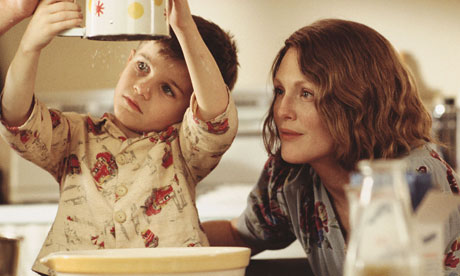
Romans 1 28–2:3
28 Furthermore, just as they did not think it worthwhile to retain the knowledge of God, so God gave them over to a depraved mind, so that they do what ought not to be done. 29 They have become filled with every kind of wickedness, evil, greed and depravity. They are full of envy, murder, strife, deceit and malice. They are gossips, 30 slanderers, God-haters, insolent, arrogant and boastful; they invent ways of doing evil; they disobey their parents; 31 they have no understanding, no fidelity, no love, no mercy. 32 Although they know God’s righteous decree that those who do such things deserve death, they not only continue to do these very things but also approve of those who practice them.
Because men did not treasure God, God abandons them to their own devices.
And so man continues to do what he knows is wrong. In his distorted thinking, the end justifies the means. And as long as they are successful, rich and prominent, people approve of those who might be “greedy, quarrelsome, envious, deceitful, malicious, gossipy, slanderous, arrogant, boastful, and unfaithful.”
Romans 2
1 You, therefore, have no excuse, you who pass judgment on someone else, for at whatever point you judge another, you are condemning yourself, because you who pass judgment do the same things. 2 Now we know that God’s judgment against those who do such things is based on truth. 3 So when you, a mere human being, pass judgment on them and yet do the same things, do you think you will escape God’s judgment?
5 But because of your stubbornness and your unrepentant heart, you are storing up wrath against yourself for the day of God’s wrath, when his righteous judgment will be revealed.
People–and the correctness of this comment can be empirically proven Reinhold Neibuhr said–are filled with every kind of greed, envy, strife, deceit and malice. They are gossips, 30 slanderers, insolent, arrogant and boastful; they invent ways of doing evil; 31 they have no fidelity, no love, no mercy.
Everyone, to a greater or lesser degree is guilty of these things.
And since all of us, to a greater or lesser degree, are guilty of evil, greed, envy, strife, deceit, malice, gossip, slander, insolence, arrogance and boastfulness, we have no excuse when we judge someone else.
In the act of judging them, of commenting on the evil of their actions, we are opening ourselves up to especial judgment since we who judge them have sinned too–and ironically, and oddly, often have committed the same sins we vehemently condemn in others.
And so in judging another, we are opening ourselves to judgement. 3 So when you, a mere human being, pass judgment on them and yet do the same things, do you think you will escape God’s judgment?
Jesus reminds us of this when he cautions, in Luke 6, “37 “Do not judge, and you will not be judged. For with the measure you use, it will be measured to you.”
(Further thoughts on judging and condemning)
Lord, open my eyes to when I might be judging and condemning others. Give me your merciful spirit.





